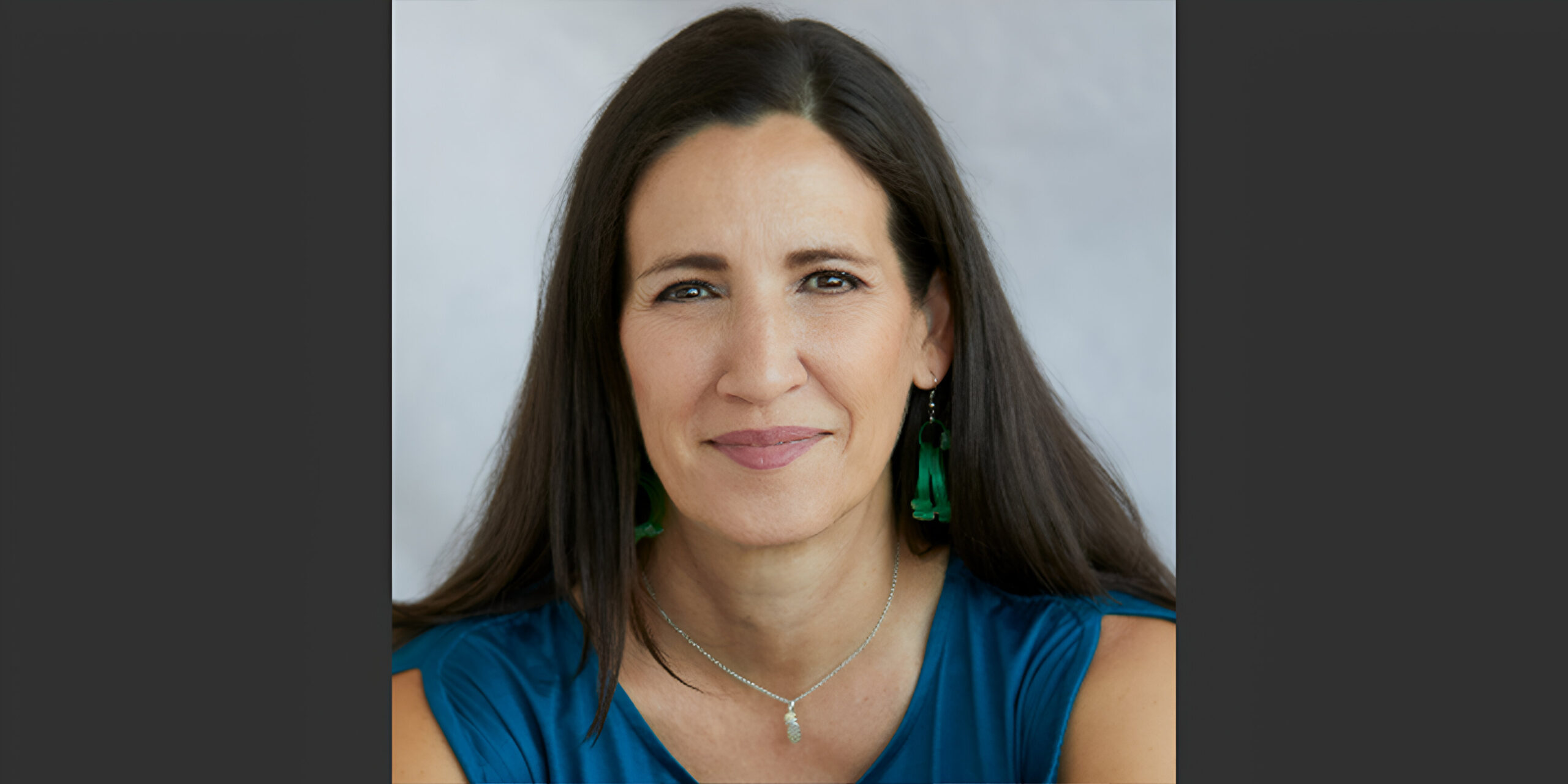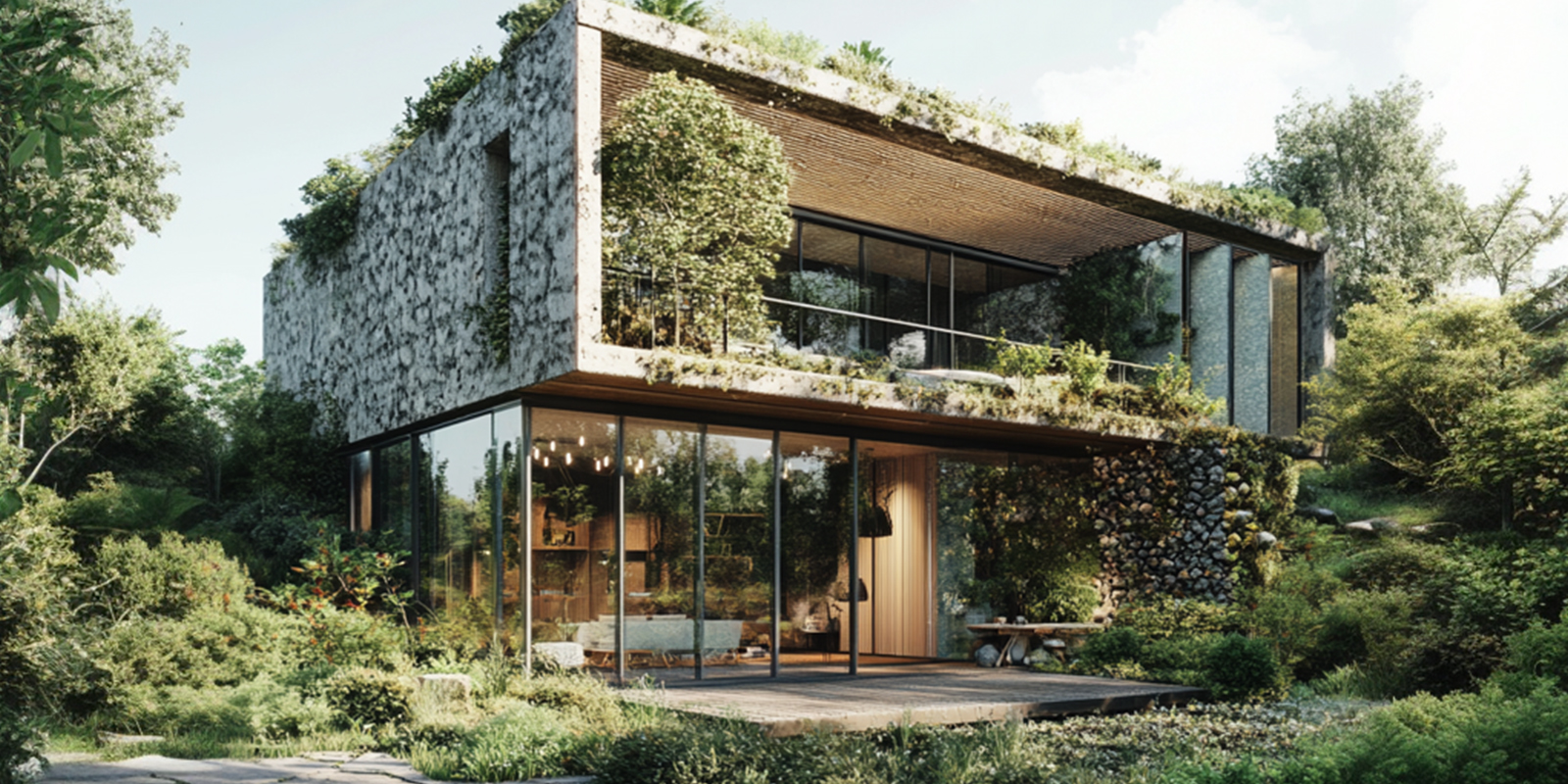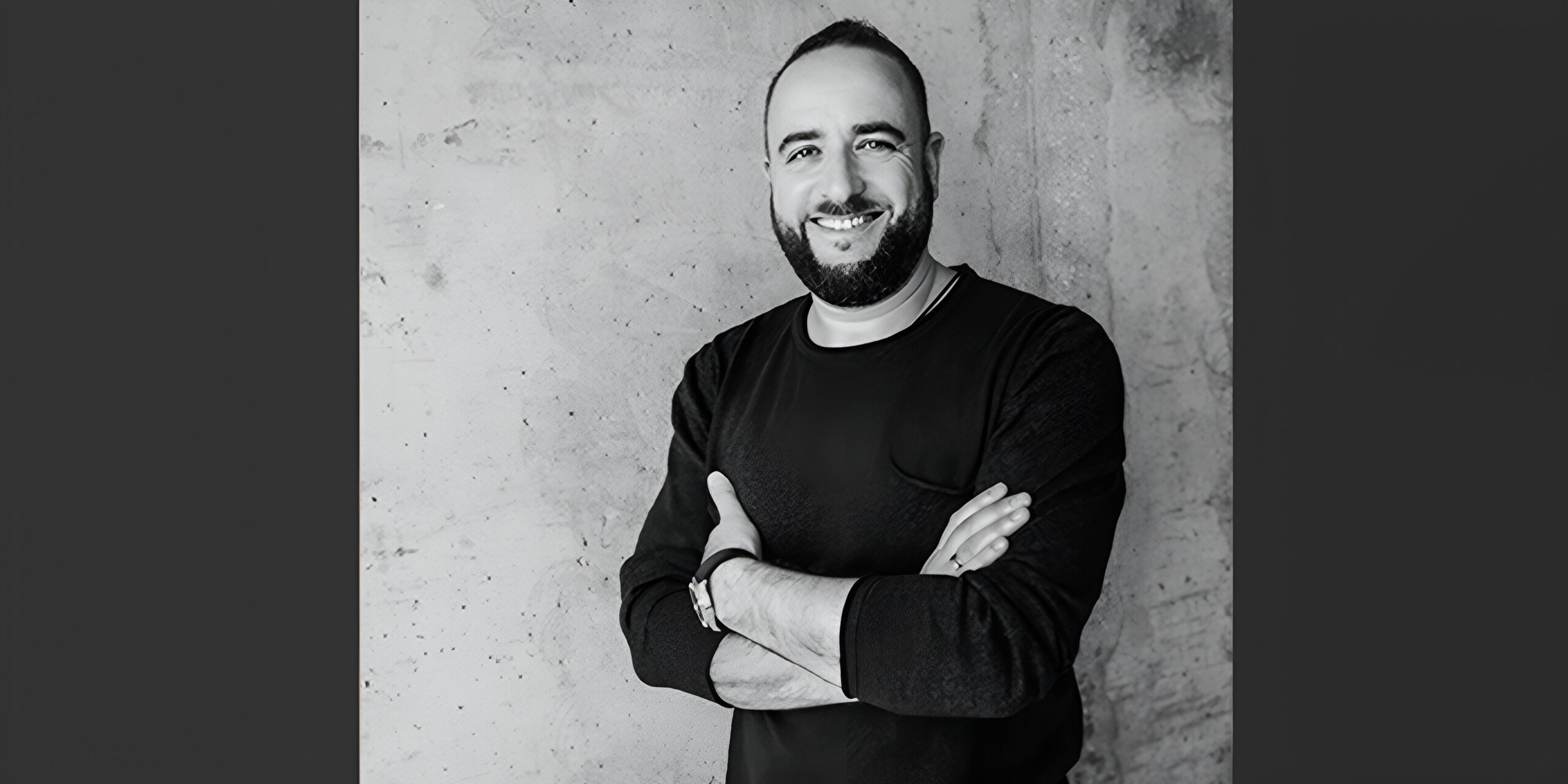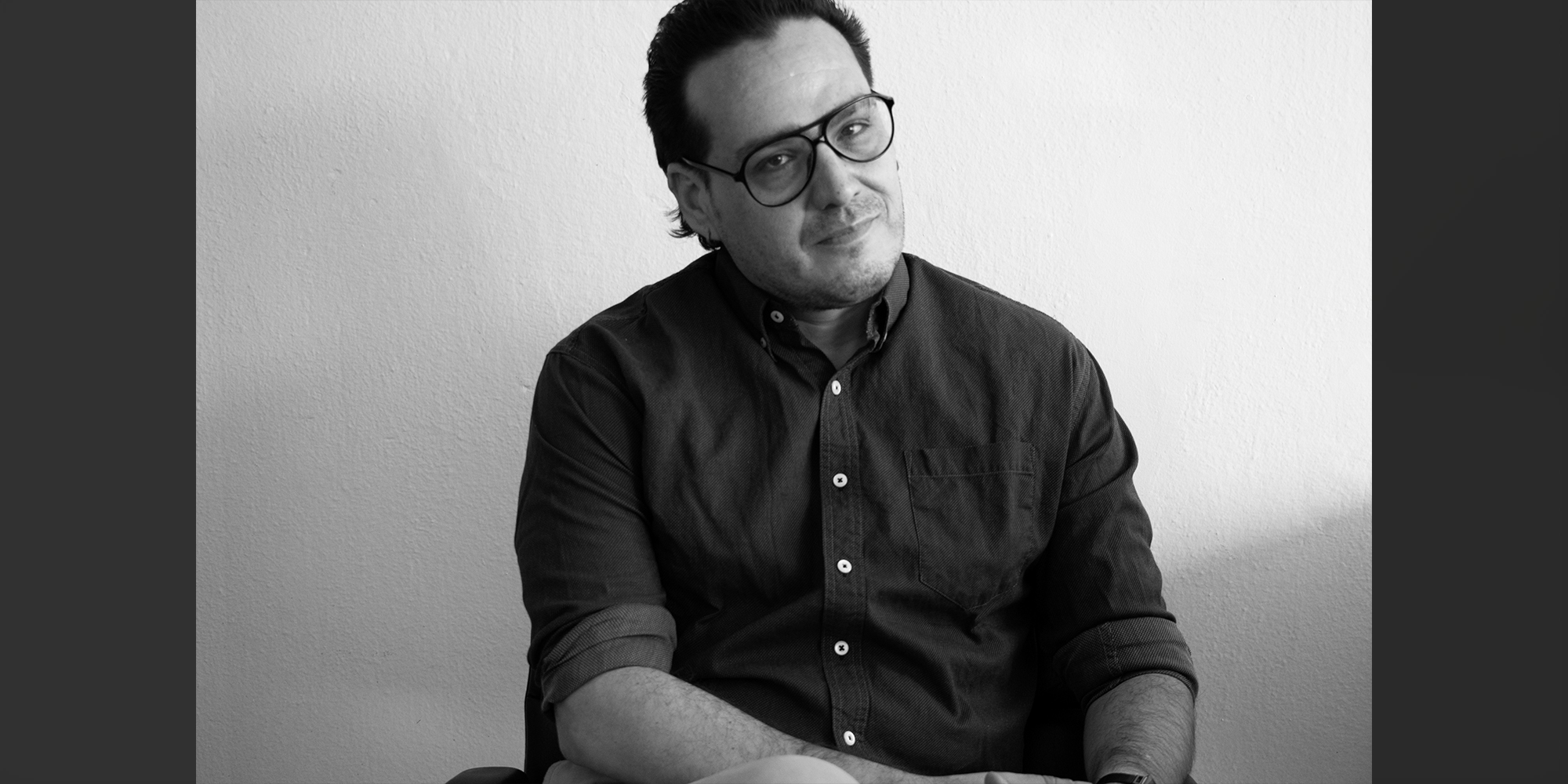At Fublis, our Media Matters interview series delves into the minds of media professionals who are shaping public narratives across journalism, publishing, and content creation. In this edition, we spotlight Verda Alexander, a designer, editor, activist, and influential voice at the intersection of design, climate justice, and social equity.
With over three decades of experience in workplace design, Verda has shifted her focus toward using design as a platform for meaningful environmental and social impact. She currently serves as Editor-at-Large for Metropolis, where she curates forward-thinking content and initiatives aimed at transforming the design industry. She’s also the co-host of Break Some Dishes, a podcast that features conversations with changemakers pushing boundaries in sustainable and equitable design.
Verda’s work is driven by a commitment to understanding root causes, amplifying underrepresented voices—particularly women in design—and developing tools like the Eco Playbook to support climate-conscious practices across the design profession. In this conversation, she reflects on her evolution from commercial interiors to climate advocacy, the challenges of aligning design with activism, and her vision for a more inclusive, sustainable future.
Join us as we explore Verda’s bold approach to reimagining the design landscape—one that puts both people and planet at the heart of the process.
Can you tell us about your work and what drives your passion for design, climate activism, and social justice?
Verda Alexander: I began my journey in climate activism and design relatively recently, and through my own learning, I discovered that I’m more passionate about understanding the root causes of issues than simply focusing on numbers or statistics. This path led me to explore climate justice, as I want to understand why people behave the way they do and how systems perpetuate harm. Currently, I am focusing on the intersection of women’s issues and climate change—exploring how gender and climate are interconnected and how we can address these challenges together.
What inspired you to focus on putting planet and people first in the design process?
Verda Alexander: After working in workplace design for over thirty years, I felt that my work was making a positive impact on the places where people spend the majority of their waking hours. However, a pivotal moment came when I wrote an article in 2019 for Fast Company that made me question who and what I was designing these offices for. Around the same time, a series of devastating fires in California reminded me of the urgent need to address climate change. I realized that to truly make a meaningful impact, I had to align my design work with both environmental sustainability and social justice. Everything is connected.
How do you incorporate sustainability and social justice into your design projects?
Verda Alexander: In my role as Editor-at-Large for Metropolis, I help curate programs that educate and inspire architects and designers to create with the future in mind. So much of today’s design comes at the expense of future generations, so it’s essential we challenge that paradigm. Through my podcast, Break Some Dishes, I have conversations with thought leaders working at the front lines of sustainability and design. In this season, we’ve highlighted why it’s vital to have women’s voices in the design conversation. These platforms help amplify ideas that prioritize sustainability and social justice.
Can you share a recent project that highlights your approach to climate-conscious design?
Verda Alexander: At my firm, I developed the Eco Playbook, an open-source primer on designing with the future in mind. This guide is aimed at helping designers create more sustainable, climate-conscious spaces. Additionally, I collaborated with Metropolis on the second iteration of their Climate Toolkit. These resources are crucial because designers are at varying stages in their sustainability journeys, and these guides provide the tools necessary to take meaningful steps forward. In the future, I hope to focus on projects that are more community-centered, to help make sustainability accessible at the grassroots level.
What role do you think design plays in addressing environmental and social challenges?
Verda Alexander: Design plays a critical role in shaping the environments in which we live, work, and interact. Fields like architecture, interiors, graphic and product design influence the spaces we inhabit, and through these spaces, we can address significant social and environmental challenges. Climate mitigation, resilience, and the broader challenges posed by climate change are increasingly urgent, and design must be part of the solution. The spaces we create can either perpetuate or disrupt harmful systems, and it’s our responsibility to make sure they support sustainable and equitable futures.
How do you engage your team and the industry in advancing conversations about sustainability and equity?
Verda Alexander: I use platforms like Metropolis and my podcast to engage in ongoing dialogue with designers, architects, and activists about sustainability and equity. Additionally, I organize informal conversations that bring together diverse perspectives from across the industry, encouraging cross-disciplinary collaboration. Creating an open space for discussion is vital to advancing these conversations. By fostering a community of shared learning, we can develop new approaches to both sustainability and social justice in design.
What challenges have you encountered in integrating activism into design, and how have you overcome them?
Verda Alexander: The biggest challenge has been navigating the economic systems and structures that make it difficult to prioritize the right choices. Often, change is hindered by economic constraints, and there’s significant inertia against doing things differently. When sustainable design isn’t immediately financially viable, it’s easy to default to traditional methods. However, by staying committed and constantly pushing for innovation, we can create solutions that prioritize both environmental responsibility and social equity.
How do you stay inspired and motivated while working at the intersection of design, activism, and art?
Verda Alexander: I’ve learned not to let helplessness or frustration deter me from my work. Staying positive allows me to focus on the incredible projects, people, and ideas that are driving change. Whether it’s seeing a new sustainable design approach or hearing about a community-driven initiative, I find that there’s inspiration all around when you stay open to it. These sparks of innovation and creativity fuel my passion to continue pushing forward.
What advice would you give to designers looking to make a positive impact through their work?
Verda Alexander: Start by doing some internal reflection. Understand what truly motivates and guides you. What are your passions, and how do they align with your values? Ask yourself: How can you align your passion with your skills to make the biggest impact? When your work is grounded in your values and driven by your passions, you’ll find that you’re better equipped (and motivated) to create meaningful change.
What’s a vision or goal you hope to achieve in the future with your work in design and advocacy?
Verda Alexander: My goal is to raise awareness about how our social structures that marginalize certain groups of people contribute to the unsustainable systems we currently operate within. By addressing inequality and working toward a more cooperative, inclusive society, we can build a future where both people and the planet prosper. If we can learn to respect the inherent value of every human, plant, and animal on this planet, we can create systems that support long-term sustainability and comprehensive justice.




